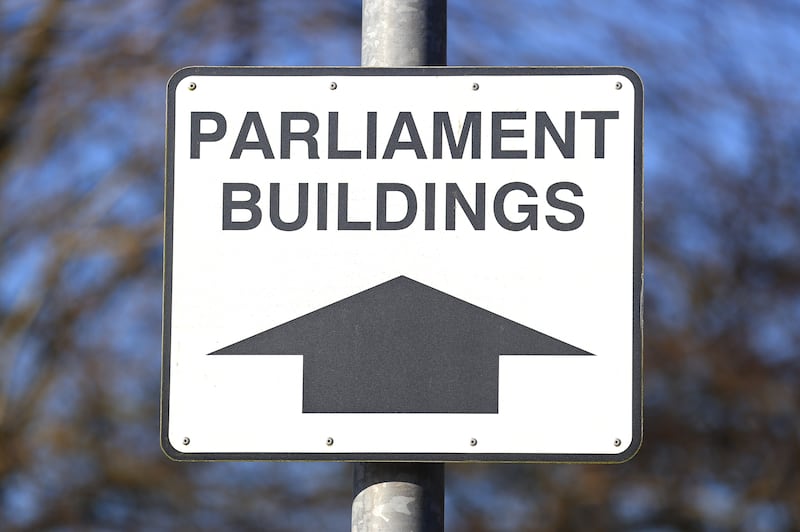After two years of political deadlock, ministers will soon be back around the executive table at Stormont where difficult decisions await them.
The new-found political stability and the reported improvements on Irish Sea issues will be welcomed in business circles, but the focus quickly turns to the bursting in-tray of issues hampering the economy.
With four bus and rail strikes planned for February, public sector pay will be high, if not top of the agenda when ministers adopt their new portfolios.
A £3 billion financial package is on the table for the incoming finance minister.
But it has already been acknowledged that the offer from London will not be enough to address the gap in public finances, and the public sector pay dispute, in the long-term.
The additional money will however allow pay negotiations with unions to commence.

Potential resolution may take time, therefore the executive will hope talks can de-escalate industrial action.
Unite, GMB and SIPTU have already confirmed they won’t halt Thursday’s bus and rail strike.
It’s unclear whether the unions will see enough progress to call off the other three days of planned industrial action.
A programme for government will have to be agreed, one that surely must grasp the nettle of transforming public services, namely the healthcare system.
- ‘Time to get things moving again’ - business bodies respond to DUP backing of deal to restore power-sharingOpens in new window
- Powersharing deal will remove all Brexit checks on GB-NI trade, says DonaldsonOpens in new window
- ‘It’s an open secret Sinn Féin will pick economy ministry’ – Invest NI chairOpens in new window
A new childcare strategy will also be in the in-tray, as will the need to move on the Climate Bill target of generating 80% of electricity from renewable sources by 2030.
Crucial to putting finances and government on a more stable footing will be the introduction of a multi-year budget.
The chasm in public financing, opened by the cost crisis, inflation and lack of ministerial oversight, is clear, prompting calls to reform the Treasury system for allocating funding to Stormont, i.e. the Barnett formula.
If there is to be change, the newly restored executive will be expected to seriously explore its own limited revenue raising powers.
We can expect more debate around the introduction of water charges, and more likely a hike in property rates and business rates.
Of course business groups will continue to lobby the incoming economy minister on legacy issues such as productivity, skills, planning reform and VAT.
We’ll soon fund out who that minister will be.
The ministerial allocation under D’Hondt will depend on whether the UUP goes into opposition and if Alliance opts for the justice ministry again.
But Sinn Féin will have the first pick, and the party appears to have lined up Conor Murphy to be the first ever nationalist economy minister at Stormont.







